Several home treatments, including essential oils, aloe vera, and turmeric, might help clear up a ringworm infection. If symptoms don’t improve within 2 weeks, consult a physician, since ringworm spreads easily.
Despite the name, ringworm isn’t caused by a worm or any living parasite. It’s a skin condition produced by a fungus known as tinea. This organism resides on the dead tissues of the skin, including nails and hair.
Ringworm produces a discolored, scaly, itchy patch on the skin. Over time the patch often forms a circular or ring-like pattern (sometimes multiple rings), which is how the condition got its common name.
Ringworm can develop on the skin and nails. It’s most frequently found on the arms and scalp, but it can appear anywhere on the body, including the face. When it shows up in various locations, it may go by different names. For instance, ringworm of the groin is commonly called jock itch, while infection between the toes is known as athlete’s foot.
Thankfully, many cases of ringworm respond well to home-based approaches.
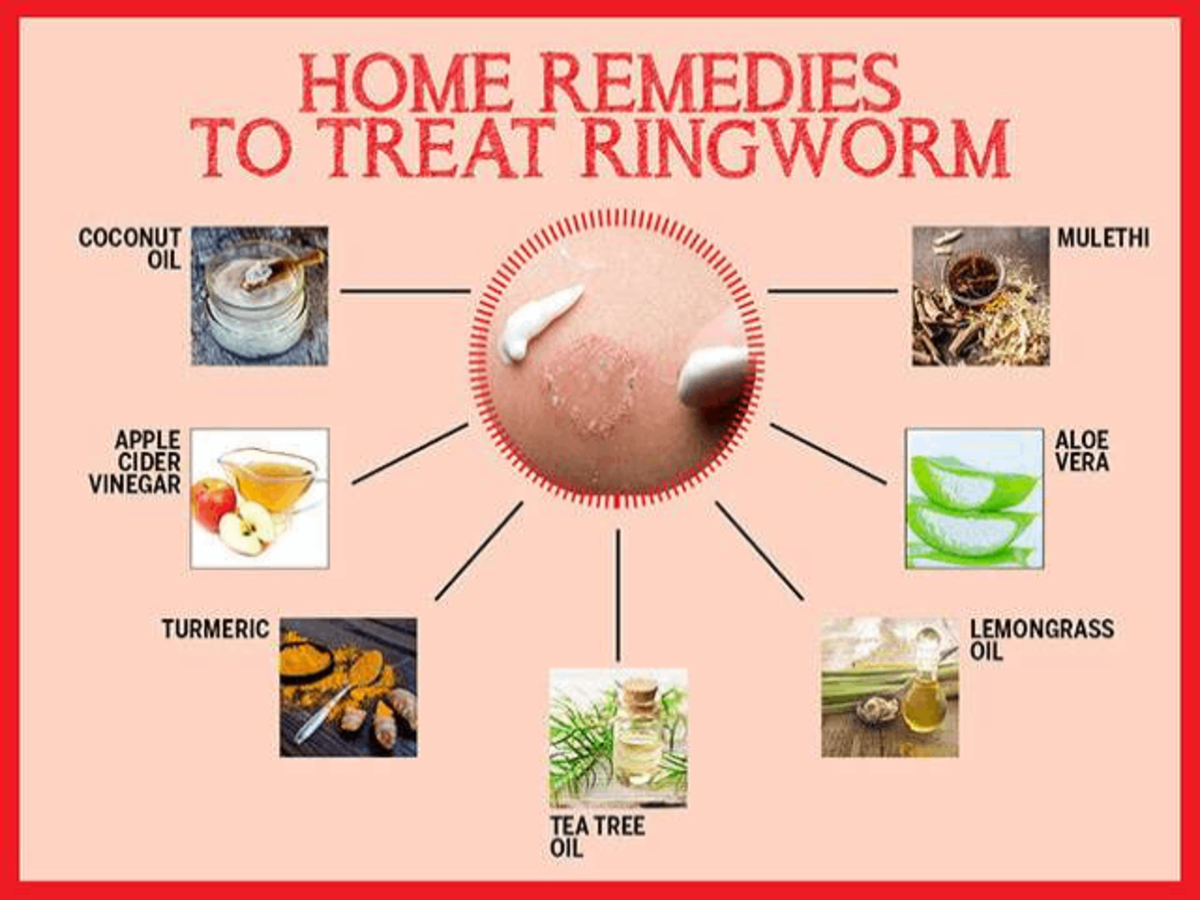
1. Soap and water
When dealing with ringworm, keep the affected area as clean as possible. This helps limit the rash’s spread and keeps the infection under control.
Wash the infected area with water and an antibacterial soap daily before applying other home remedies. Be sure to dry the area thoroughly after bathing, because moisture promotes fungal growth and spread.
Coal-tar soap is a traditional home remedy that may help some skin issues, but it can irritate sensitive skin.
2. Apple cider vinegar
Apple cider vinegar has potent properties, so applying it topically may assist in treating ringworm. To use, soak a cotton ball in undiluted apple cider vinegar and rub it over the affected skin.
3. Tea tree oil
Indigenous Australians historically used tea tree oil for its antifungal and antibacterial effects, and it’s still used for those reasons today. It can be beneficial in managing fungal skin infections.
Apply tea tree oil directly to the affected area two to three times daily using a cotton ball or swab. If your skin is sensitive, dilute the tea tree oil in a carrier oil such as coconut oil, which itself offers antifungal benefits. For more on using tea tree oil on skin, see tea tree oil for skin.
4. Coconut oil
Coconut oil possesses both antimicrobial and antifungal qualities that may help treat ringworm. It’s an effective topical home remedy for ringworm and other fungal infections like candida. Because it’s easy to apply to the scalp and also conditions hair, coconut oil can be particularly useful for scalp ringworm.
To use, warm coconut oil in the microwave or rub it between your hands until it liquefies, then smooth it onto the affected area. It absorbs quickly. Reapply at least three times per day.
5. Turmeric
Turmeric offers many health advantages, including antibacterial and anti-inflammatory effects. It’s also an agent that can inhibit fungal growth.
Mix freshly ground turmeric or turmeric spice with a little water to form a paste. Spread it on the skin and let it dry. You can also drink turmeric-infused water or turmeric tea daily to gain internal benefits.
6. Aloe vera
Aloe vera has long been used as a natural remedy for both wounds and skin irritations. This means it may help treat ringworm and relieve associated itching and discomfort.
You can use ointments that contain aloe vera or apply pure aloe vera gel directly to the affected area.
7. Oregano oil
Oregano essential oil can inhibit fungal growth and treat fungal skin infections, including athlete’s foot and ringworm.
Oregano oil is available as an extract from health stores or online. Mix a few drops with a carrier oil such as olive or coconut oil, then apply the blend to the affected skin.
8. Lemongrass oil
Lemongrass oil exhibits antifungal activity that can be useful against fungal skin infections like ringworm.
To use lemongrass oil, blend a few drops with a carrier oil and apply to the skin. Alternatively, a brewed tea bag may be placed directly on the ringworm.
OTC antifungals
Although natural remedies are valuable, sometimes stronger measures are needed. Over-the-counter antifungal topical treatments are effective for mild ringworm cases. Look for active ingredients such as clotrimazole or terbinafine.
When to see a doctor
See a doctor if symptoms don’t improve or fail to respond to treatment within 2 weeks. Speak with a physician if you might spread the infection to others, for example, if you work in a school.
Occasionally, ringworm will not respond to home or OTC treatments. In such situations, a physician may prescribe a stronger topical antifungal or oral medication.
How to prevent ringworm
Ringworm is highly contagious. It’s most commonly transmitted via skin-to-skin contact, but you can also catch it by touching objects or surfaces contaminated by someone with ringworm.
These steps can help prevent ringworm:
- keep your skin clean and dry
- put on clean, dry clothes right after exercising or showering
- avoid direct contact with someone who has ringworm
- wear footwear, such as flip-flops, in public showers
Frequently Asked Questions
How long does it take for ringworm to clear up?
Most ringworm infections resolve within about 2 weeks. If the infection persists beyond this, consult a doctor.
Does ringworm go away by itself?
Ringworm can sometimes resolve on its own, but this may take several weeks; treating the infection is recommended to reduce the risk of spreading it.
How can you tell if ringworm is healing?
Ringworm is typically healing when symptoms start to lessen — for example, the rash shrinks and itching decreases.
Takeaway
Although its name suggests otherwise, ringworm isn’t caused by a worm or parasite. It’s a fungal skin condition that produces discolored, scaly, itchy patches.
A number of home remedies, such as essential oils, aloe vera, and turmeric, may assist in clearing a ringworm infection.
While ringworm can subside on its own, treating it is advised to prevent spreading it to others.

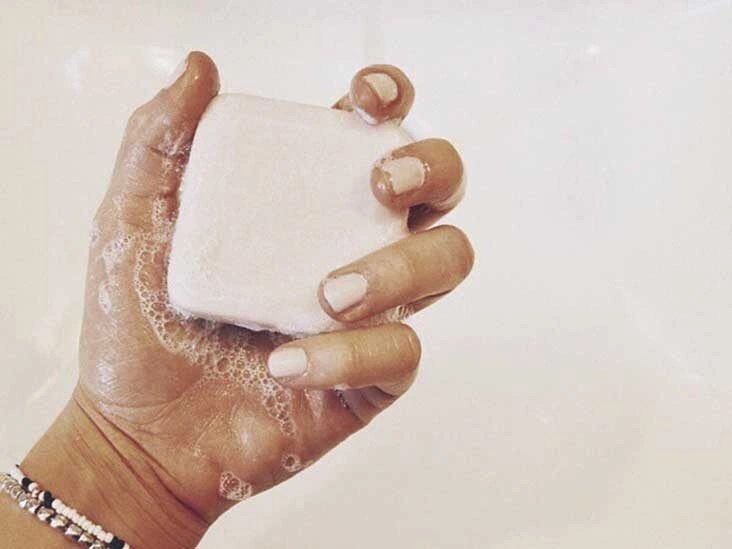


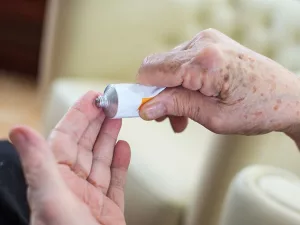

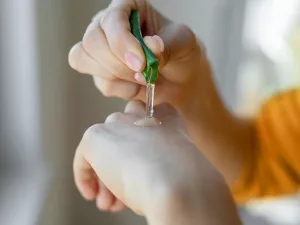
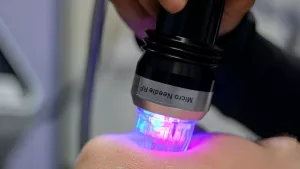

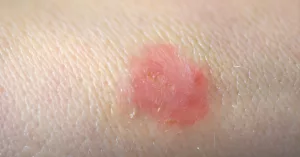
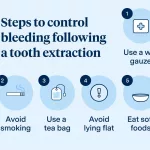
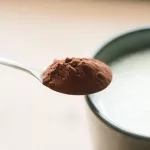



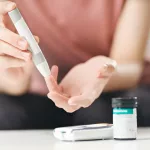

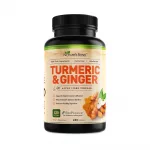



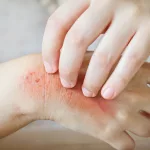



Leave a Reply
You must be logged in to post a comment.